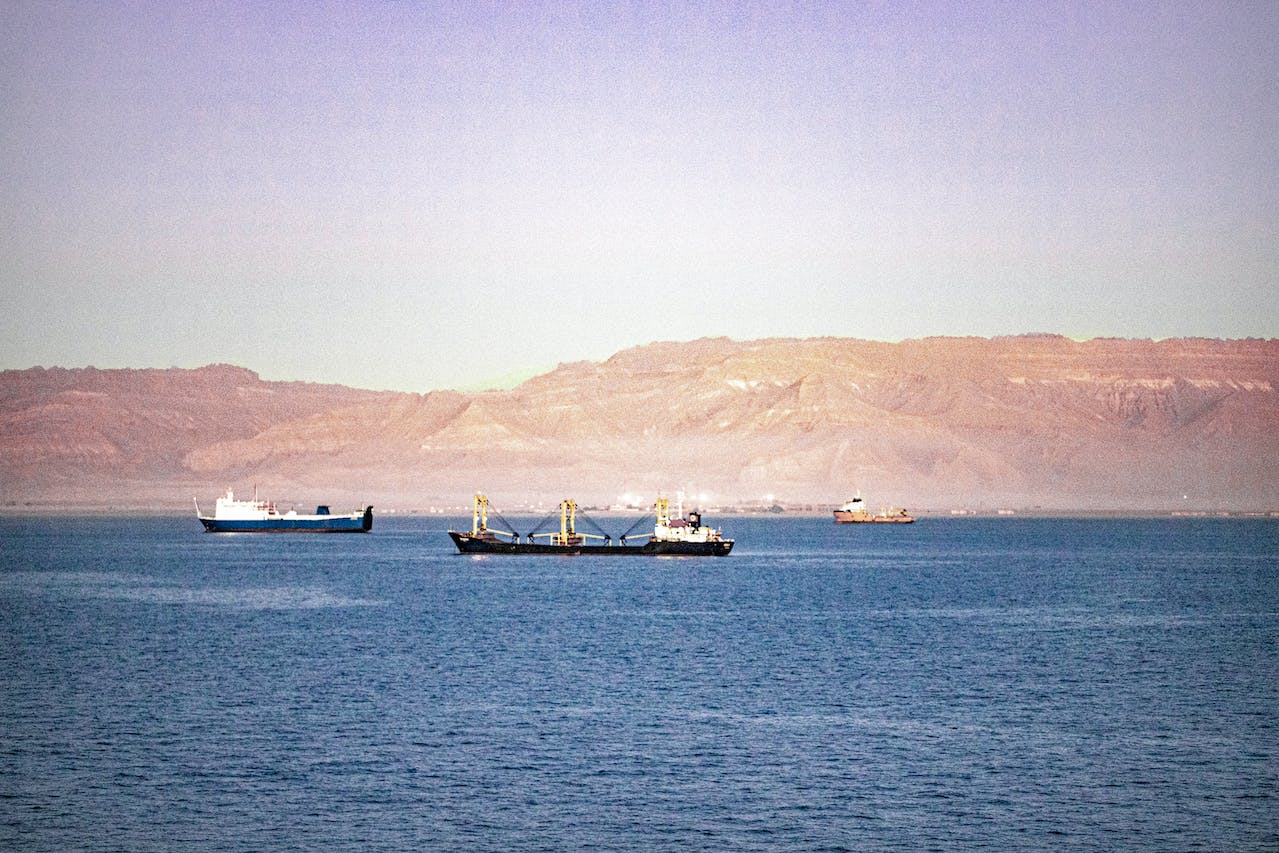War creates challenges for everyone. Mostly, the challenges exist for those in countries where the wars are taking place. Still, in addition to the human loss and tragedy war creates, the negative affect war has on economies and supply chains is worthy of consideration. When Russia started the war with Ukraine, embargoes levied resulted in the Oil process increasing globally, and SSL rerouting vessels. In this article, we are going to focus on the Suez Canal and the challenges we all face with managing international supply chains during global conflicts.
At Wellington International, we are members of the Canadian International Freight Forwarders Association (CIFFA). Being members of this great organization in addition to education, and lobbying, they also provide us with real-time updates as it affects international freight. Bruce Rodgers, Executive Director of CIFFA has been supporting all members of CIFFA since 2010, all board members provide great support. The picture showing the route that needs to be utilized and the number of vessels affected is worth the 1000 words shared by Lars Jensen, CEO of Vespucci Maritime.
As of now, 378 vessels (5,295,163 TEU or 22% of global capacity) are diverting, will divert, or have diverted. 291 vessels (3,986,388 TEU) are currently diverting around Africa either East-bound or West-bound.
The world’s largest SSLs are pausing shipments through the Red Sea. With the attacks on vessels by the Houthi rebels moving through the Red Sea, vessels either have to delay or divert around the Cape of Good Hope. This does add time as it is 3000- 3500 nautical miles, 6000KM, 3730 miles, and the cost of fuel, and labor are all increased due to rerouting.
Why re re-route?
Take a look at this video provided by Robert Petersen, Houthi Rocket Hitting a Vessel, and What is the Red Sea crisis, and what does it mean for global trade? | Suez canal | The Guardian
The link above from the guardian provides additional details. In short, Houthi Rebels are backed by Iran and have increased attacks on vessels moving from the Bab-El-Maneb strait (which is located between the Arabian Peninsula and the Horn of Africa). These attacks are a result of the War between Israel and Palestine. The Houthi attacks continue to escalate with NO timeline when Iran or Houthi will cease. This author believes it will not cease until the conflict in Palestine is resolved.
The US Navy and UK helicopters did get deployed to protect and ward off militants that attacked a Maersk ship. We can also share a real visual of a militant rocket striking an SSL vessel. SSL owners without protection cannot operate with these real threats.
Surcharges started at $250.00 per 20-foot TEU, Tuesday 9th of January increased certain SSLs by 5 times that amount. If we look at the math, 5,295,163 TEU affected using $500 as an average surcharge equals $2,647,581,500 USD in surcharges. Shippers and freight Forwarders believe these may be excessive, and many believe the FMC may get involved.
My humble assessment, I do not believe the SSLs will remove surcharges based on conditions they are facing in the Red Sea combined with needing rate increases. The other reality is that even with surcharges, rates are still below the pandemic rates 2 years ago. There will be no immediate relief other than an END to the current war disrupting the Red Sea.
Shippers-- work with your SSLs, NVOCC, and Freight Forwarding partners to understand the impact. Work to have transparency from your suppliers to keep your shipments moving. If you need assistance, you can DM me or reach out to IOApricing@wellingtonmotrofreight.com
Appreciate all feedback positive or negative as this affects our supply chains and potential inflation

